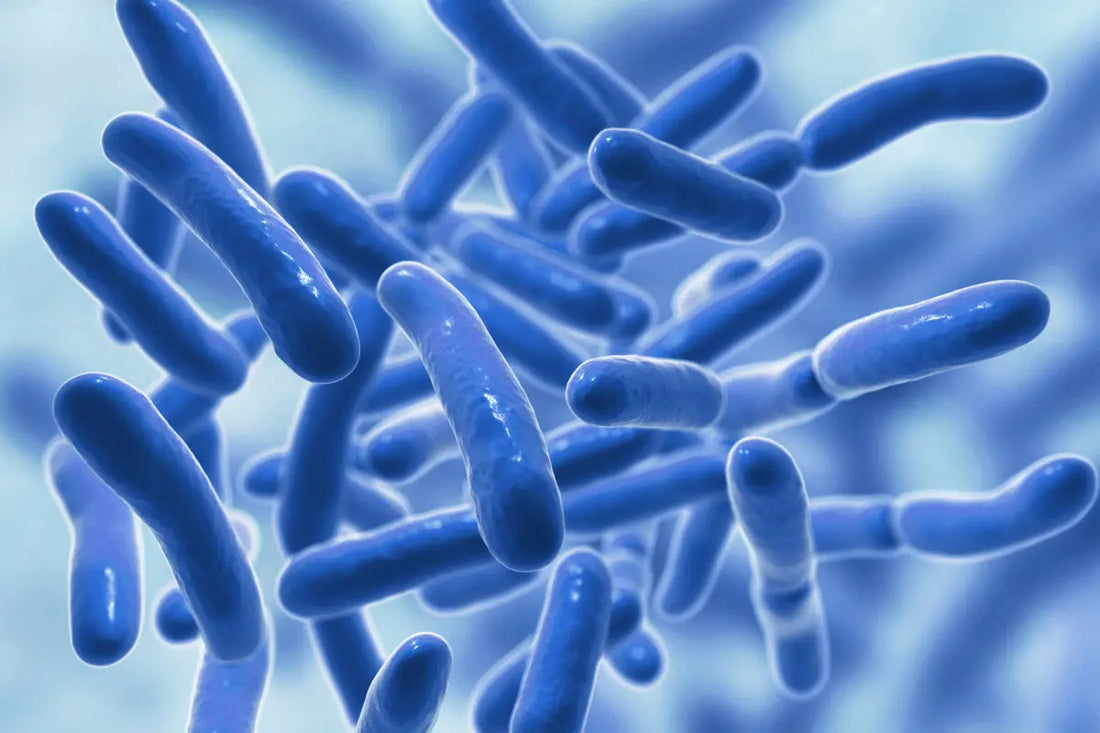What are probiotics?
Probiotics are live microorganisms that are intended to have health benefits when consumed or applied to the body. They can be found in yogurt and other fermented foods, dietary supplements, and beauty products.
Although people often think of bacteria and other microorganisms as harmful “germs,” many are actually helpful. Some bacteria help digest food, destroy disease-causing cells, or produce vitamins. Many of the microorganisms in probiotic products are the same as or similar to microorganisms that naturally live in our bodies.
Source: https://nccih.nih.gov/health/probiotics/introduction.htm#hed1
What types of bacteria are in probiotics?
Probiotics may contain a variety of microorganisms. The most common are bacteria that belong to groups called Lactobacillus and Bifidobacterium. Other bacteria may also be used as probiotics, and so may yeasts such as Saccharomyces boulardii.
Different types of probiotics may have different effects. For example, if a specific kind of Lactobacillus helps prevent an illness, that doesn’t necessarily mean that another kind of Lactobacillus or any of the Bifidobacterium probiotics would do the same thing.
Are prebiotics the same as probiotics?
No, prebiotics aren’t the same as probiotics. Prebiotics are nondigestible food components that selectively stimulate the growth or activity of desirable microorganisms.
What are the benefits of Taking Probiotics
Bacteria have a reputation for causing disease, so the idea of tossing down a few billion a day for your health might seem — literally and figuratively — hard to swallow. But a growing body of scientific evidence suggests that you can treat and even prevent some illnesses with foods and supplements containing certain kinds of live bacteria. Northern Europeans consume a lot of these beneficial microorganisms, called probiotics (from pro and biota, meaning "for life"), because of their tradition of eating foods fermented with bacteria, such as yogurt. Probiotic-laced beverages are also big business in Japan.
Some digestive disease specialists are recommending probiotic supplements for disorders that frustrate conventional medicine, such as irritable bowel syndrome. Since the mid-1990s, clinical studies suggest that probiotic therapy can help treat several gastrointestinal ills, delay the development of allergies in children, and treat and prevent vaginal and urinary infections in women.
Self-dosing with bacteria isn't as outlandish as it might seem. An estimated 100 trillion microorganisms representing more than 500 different species inhabit every normal, healthy bowel. These microorganisms (or microflora) generally don't make us sick; most are helpful. Gut-dwelling bacteria keep pathogens (harmful microorganisms) in check, aid digestion and nutrient absorption, and contribute to immune function.
Not all probiotics are the same. Different strains of the bacteria have different effects. For example, one strain may fight against cavity-causing organisms in our mouths and don't need to survive a trip through our guts.
Research has been promising for these friendly critters. Potential benefits of probiotics have been seen in the treatment or prevention of
- diarrhea
- irritable bowel syndrome
- ulcerative colitis
- Crohn's disease
- H. pylori (the cause of ulcers)
- vaginal infections
- urinary tract infections
- recurrence of bladder cancer
- infection of the digestive tract caused by Clostridium difficile
- pouchitis (a possible side effect of surgery that removes the colon)
- eczema in children.
Source: https://www.health.harvard.edu/vitamins-and-supplements/health-benefits-of-taking-probiotics

